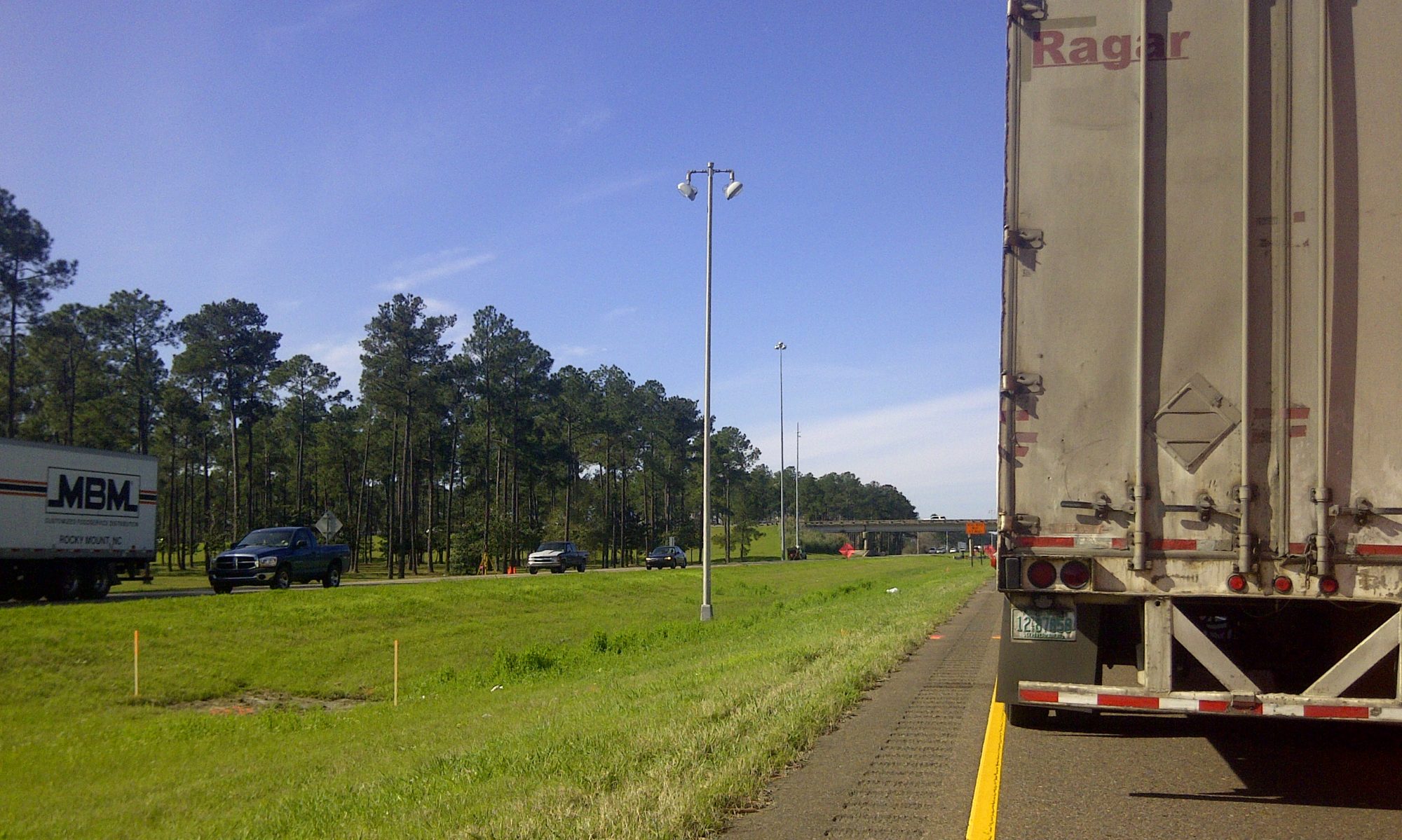The Ancient Mariner could have as easily said “Data, Data, everywhere”, as discussions regarding big data and other analytical approaches seem to be the order of the day Wall Street Journal. We often make data out to be this mysterious element, but data requires context to be useful to anyone if they intend to make a decision, as I hope to show below. For example, data becomes information when it is categorized, which then becomes intelligence when a decision can be made, and ultimately wisdom when an action occurs based on intelligence.
One of my favorite quotes about Coffee comes from“Black  as the devil, hot as hell, pure as an angel, sweet as love.” I would agree that a good cup of coffee is a bargain at any price, so let’s think about how the decision to buy a cup of coffee can explain transforming data into wisdom.
as the devil, hot as hell, pure as an angel, sweet as love.” I would agree that a good cup of coffee is a bargain at any price, so let’s think about how the decision to buy a cup of coffee can explain transforming data into wisdom.
The objective: I would like to purchase a cup of coffee at Giddyup Coffee in Folsom, LA. So, I asked the two baristas if I could do take a few pictures for this blog post. They thought it funny that someone would actually do this, but they agreed. So, the research question is: do I have enough loose change to purchase a cup of coffee.
Data:

There will be a cost of purchasing a cup of coffee, so I look into my coin purse. These loose coins are simply data points, each representing a certain value. (Coins contain other information, such as their size, year and place it was minted, as well as the coins condition based on circulation. These data points are not relevant for this purpose are ignored.) However, beyond knowing that I have coins, I do not know if these coins are enough to purchase a cup of coffee.
Information: The loose coins now need to be organized before I can actually make a decision, so the coins were put into different categories. This act of putting the coins into categories, based on the relative value of the coins, resulted in the data about the coins becoming information.

Intelligence: Now that I know the relative value of the coins, I next have to make a comparison. Do I have enough to actually purchase the coffee with the coins that I have? So, I add a new data element, namely the posted value of a cup of coffee. So, the addition of the information posted on the menu allowed me to determine if I could make a purchase with my loose change.
Wisdom: I bought the cup of coffee, once I had enough intelligence to make a decision based on the cost of the cup of coffee and my loose change. (Wisdom is the only attribute with a future component, namely, data, information, intelligence are all static elements at the moment a decision is made, but Wisdom will influence my future actions.)
I learned this paradigm as the more formal DIKW: Data, Information, Knowledge, Wisdom. While one could argue that the DIKW is based upon filtering data to make a decision, I changed Knowledge into Intelligence. I see Knowledge represents a broad body of information, based on many factors, including not only the data itself but the cultural, contextual relationship of the researcher to the topic being researched. For example, I could have taken the coins to a Coinstar or a bank, or made a different decision concerning these coins. For my father who abhors coffee (his loss), the research question (can I purchase a cup of coffee) would mean nothing to him, (much like saying “what does that have to do with the price of tea in China?”!) For me, knowledge serves not as a filter of the data/information as normally discussed in the DIKW paradigm, but rather a filter through the act of transforming data to wisdom can even occur.
Finally, we can not remove the researcher from the research, but a good researcher should understand what data elements are useful to become transformed into intelligence based on understanding what answer is required.
Here is a toast to your health!

